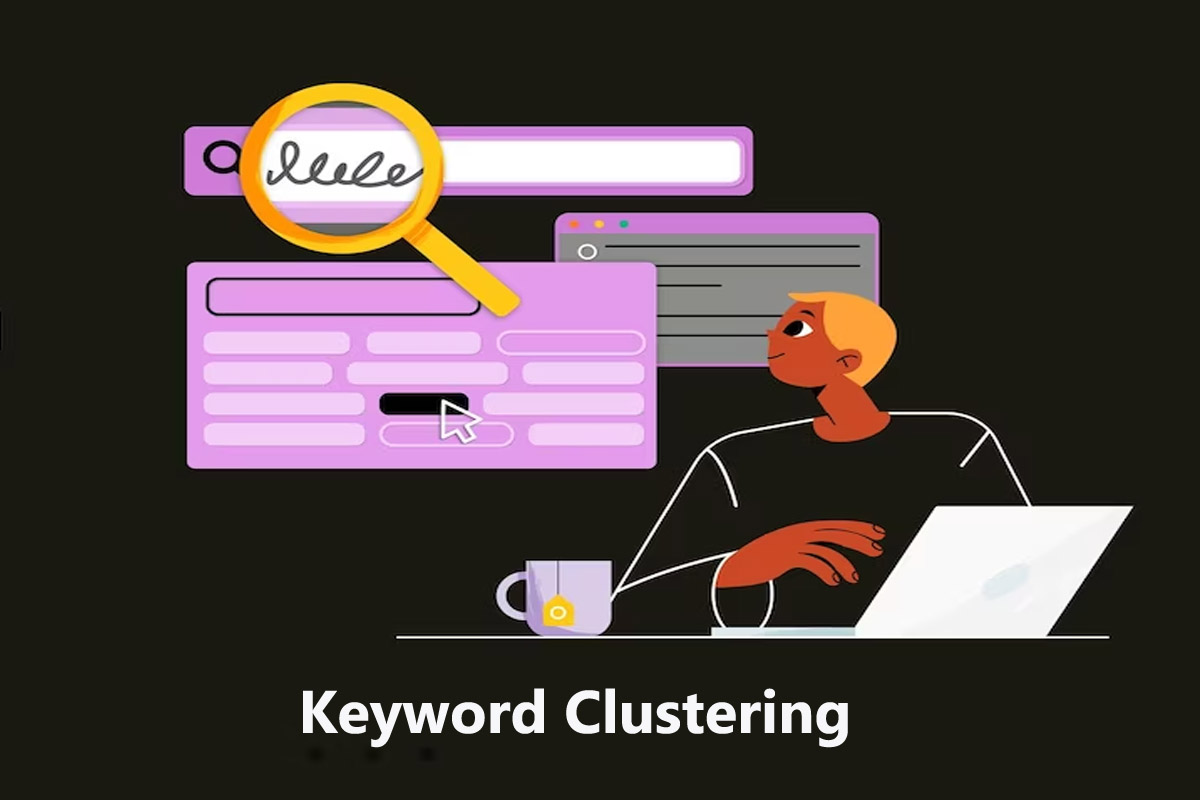What is Keyword Clustering?
Introduction
Keyword clustering is a technique that uses search engine optimization (SEO) to generate groups of related keywords. These combinations are used to optimize the content of the database instead of a single word. To follow all, the only place you’ll appreciate heavy traffic is to leverage it for better search engines. This is going to be revolutionary in the digital marketing game.
The process is to compile multiple keywords per page, rather than just a few, to optimize search algorithms. This is a fully automated process with the potential to transform the digital marketing industry.
Why is Keyword Clustering Important?
Organizing your content competently ensures that you are producing search engine-friendly data, and keyword clustering allows you to do just that. In addition, it will enable you to create content based on what you consider to be the interests of your target audience.
We are gone from the days when one had to sit in front of an intimidating Excel spreadsheet to accomplish this or exhausting Yellow Pages. Today, there is software that does the hard work, so you don’t have to. That way, you can devote your attention to improving your craft and going on vacation (It works, so you don’t have to!)
By broadening the search key, more people are guaranteed to come across your page to increase traffic. Instead of sticking to a specific word to get your website, you can broaden your reach. This is accomplished by allowing a search with similar names to link their work. Linguistically related content is reviewed, and the hierarchy between individual content is monitored.
How to Use the Keyword Cluster Engine?
Depending on the chosen software, you will have a set of steps to follow when using the keyword clustering engine. The basic concepts of them are:
- Sign in and select Clustering
- Send CSV with your slogans
- Select your setpoint column
- Click GO and wait
- Download your data
The results of keyword clustering are distributed across your database pages to increase your rankings in the SERP search engine results. Grouping keywords will help give you a better mastery of your niche. In addition, it virtually forces you to incorporate more concepts and address more questions on a single page. This is much more than you would be capable of without this tool.
Keyword clustering diversifies your focus and improves your site’s content (and, therefore). This is measured to make it more beneficial, authentic, and understandable.
How Search Engines Use Keyword Clusters?
Software developers like Word Stream Keyword Grouper automatically group your keyword for you. You provide your list, and they do the dirty work for you.
Consider searching: “Affordable skin care products.”
It is made up of four terms, “Affordable”, “skin”, “care”, and “products”. Breaking down all the keywords into their elemental parts guides you to the next step. Investigate the most frequently occurring data set in the complete data set.
keyword Collection for Keyword Clustering
The step that precedes Clustering includes building a keyword data set. Although some will be long-tail and others irrelevant, you better have a surplus of keywords to choose from. Who would have thought there could ever be a situation where quantity is more important than quality? The more you have, the more confident you’ve covered all your bases.
The idea is to collect as many as possible, so you never have to repeat the collection process. So nothing is “too much”. So get as many as you can. We suggest you collect keywords from multiple sources. Namely, these include, but are not limited to:
Third-party entry engines (AnswerTheRepublic, Ahrefs, Moz, SEMrush, etc.)
Your current information in Google Search Console
Automate data from Google searches

